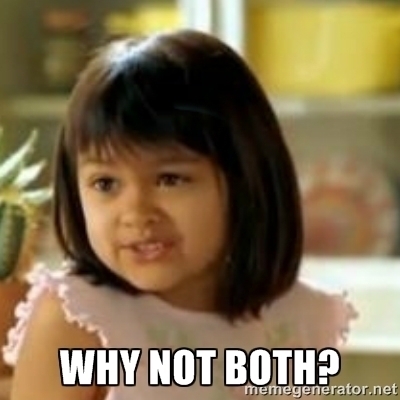lwknives
Power User
So last Sunday I had to/got to play Everlasting God by Lincoln Brewster. The song has a pretty cool solo which I attempted to learn note for note. Now this solo is a bit above my skill level to play but I was able to nail it about 75% of the time when playing along with the recording. The problem came when I was performing the song with the rest of the band in front of the congregation. The combination of nerves and not having the backing track I was used to (actual musicians plus no solo track to keep me on track) I kind of botched up some parts. I think if I had had a chance to go over just the solo several times with the band I would have done better but time constraints didn’t allow for that to happen. I got to go over that section twice.
To avoid this problem in the future I need to increase my skill level so that solos like these are easy enough for me that I can play them with the band in front of an audience with no nerves. So my question is, what would be a better method for improving my soloing/fast playing skills. Should I practice scales and modes until I can play them really fast or should I just find challenging solos like this one and learn them note for note?
To avoid this problem in the future I need to increase my skill level so that solos like these are easy enough for me that I can play them with the band in front of an audience with no nerves. So my question is, what would be a better method for improving my soloing/fast playing skills. Should I practice scales and modes until I can play them really fast or should I just find challenging solos like this one and learn them note for note?

